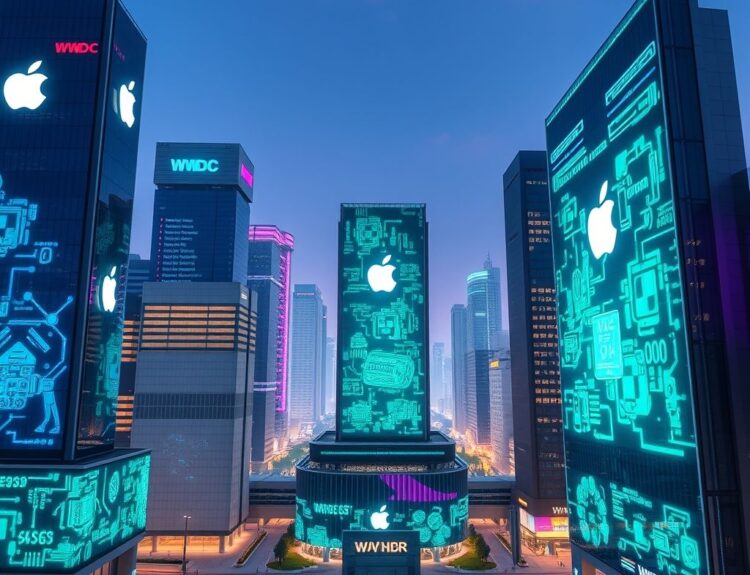Ever feel like you’re watching a high-stakes chess match unfold in real time? That’s the vibe I’m getting from the latest developments in the tech world. I stumbled across a piece in TechCrunch that’s got me thinking: Taiwan is putting the brakes on exports to Huawei and SMIC, and it could seriously shake things up for their AI chip ambitions.
The article, “Taiwan places export controls on Huawei and SMIC,” details how these controls might make it tougher for the Chinese giants to get their hands on the resources needed to build those powerful AI chips. And honestly, it’s not entirely surprising given the broader geopolitical landscape.
But what does this really mean? Let’s dive in.
We know that AI is the future, and the companies that can dominate in AI chip production are going to have a massive advantage. Both Huawei and SMIC have been making strides in this area, with SMIC emerging as a key player in China’s semiconductor independence efforts. However, they need cutting-edge tech to keep the momentum going.
Taiwan, on the other hand, is home to TSMC, the world’s largest contract chipmaker. According to a report by TrendForce, TSMC held 56% of the global semiconductor foundry market share in Q1 2024. That’s a huge piece of the pie. If Taiwan tightens the screws, Huawei and SMIC might find themselves scrambling for alternatives.
These export controls aren’t happening in a vacuum. They’re likely influenced by pressure from the United States and other allies, who are concerned about China’s growing technological prowess and its potential military applications. In 2020, the U.S. Department of Commerce added SMIC to its Entity List, restricting its access to U.S. technology. This move already hampered SMIC’s ability to manufacture advanced chips. Taiwan’s actions could amplify those challenges.
The ramifications could be felt far beyond Huawei and SMIC. If these companies can’t source the components they need, it could impact the entire AI ecosystem, slowing down innovation and potentially driving up costs. A report by the Center for Strategic and International Studies (CSIS) suggests that export controls could delay China’s AI development by several years.
What’s more, it could further escalate tensions between China and Taiwan, and potentially between China and the U.S. This is a complex situation with no easy answers.
Here are a few key takeaways that I’m keeping in mind:
- AI Chip Race Intensifies: This move puts even more pressure on the global competition for AI chip dominance.
- Supply Chain Vulnerability: It highlights the fragility of the global supply chain and the risks of relying on a limited number of suppliers.
- Geopolitics Matters: Tech is no longer just about innovation; it’s deeply intertwined with geopolitical strategy.
- Innovation Under Pressure: Limited access to essential resources could hinder the pace of AI innovation in China.
- Ripple Effect: Expect this to have a knock-on effect on the broader tech industry, potentially impacting prices and availability of AI-powered products.
This whole situation feels like a crucial turning point. It’s a reminder that the future of tech is shaped by more than just engineering breakthroughs. It’s also shaped by politics, economics, and international relations. I’ll definitely be keeping a close eye on how this unfolds.
FAQs: Taiwan’s Export Controls on Huawei and SMIC
1. What exactly are export controls?
Export controls are government regulations that restrict the sale or transfer of certain goods and technologies to specific countries or entities. They’re often used for national security reasons.
2. Why is Taiwan imposing export controls on Huawei and SMIC?
While the official reasons may vary, these controls are likely motivated by concerns about China’s technological advancement and potential military applications, as well as alignment with allies like the U.S.
3. What types of products are affected by these export controls?
The article specifies resources needed to build AI chips. This likely includes advanced manufacturing equipment, specific software, and certain high-performance components.
4. How will this impact Huawei and SMIC?
It could make it significantly harder and more expensive for them to access the materials and technologies they need to produce cutting-edge AI chips, potentially slowing down their progress.
5. Will other companies be affected?
Possibly. If Huawei and SMIC can’t get the chips they need, companies that rely on their products or services could also be affected.
6. What are the potential consequences for the AI industry?
The industry could see slower innovation, increased costs, and potential disruptions to the supply chain.
7. How does this affect the relationship between Taiwan and China?
This move could further strain the already tense relationship between Taiwan and China.
8. Are there any alternative suppliers for Huawei and SMIC?
They could try to source components from other countries, but it might be difficult to find suppliers that can match the quality and technology offered by Taiwanese companies.
9. Could this escalate into a trade war?
It’s possible. China could retaliate with its own export controls or other trade restrictions.
10. What can be done to mitigate the potential negative impacts?
Diversifying the supply chain, investing in domestic chip manufacturing, and promoting international cooperation could help reduce the risks.








